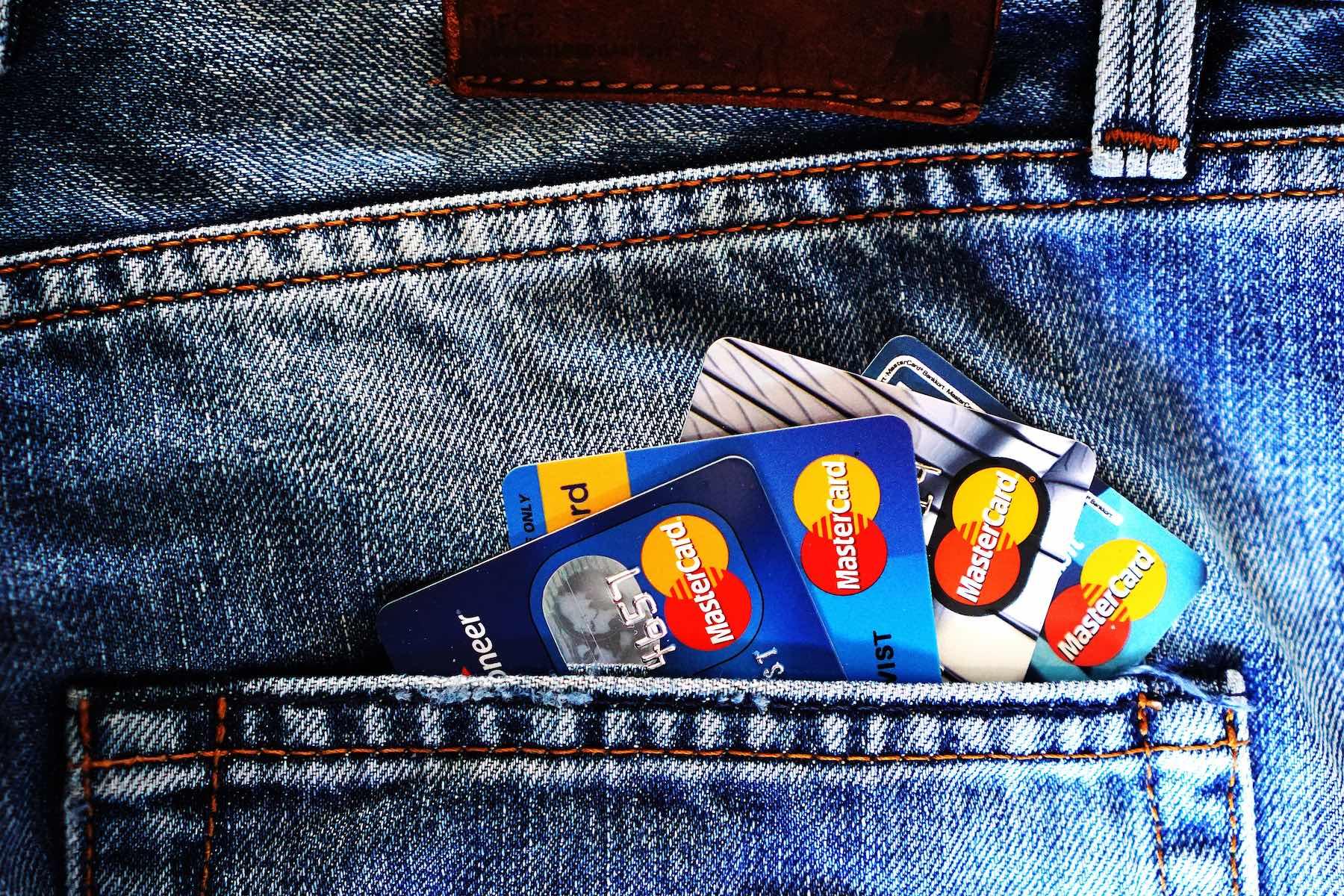Mastercard recently announced their plans to expand their crypto partnerships, including working with a variety of layer-1 blockchain networks to implement their Mastercard Crypto Credential program.
Raj Dhamodharan, head of Mastercards crypto and blockchain division, posits that while blockchain and crypto offers tons of potential for the future of payments, a lack of security and trust has made it difficult for it to fully catch on. That’s why Mastercard is launching their Crypto Credential program in addition to adding extra partnerships within the crypto sector.
What is Mastercard Crypto Credential?
Mastercard Crypto Credential is a way to establish a set of common standards and infrastructure that will foster trusted interactions among consumers and businesses using a variety of blockchain networks. Mastercard envisions several use cases that Mastercard Crypto Credential could unlock.
For example, the Mastercard Music Pass NFT, requires different verification criteria than Immersve, which offers consumers the ability to use crypto from their Web3 wallet to pay for everyday goods and services. Essentially, the level of verification needed for someone to receive an NFT will differ greatly from the authentication required of someone to transfer digital assets to or from their crypto wallet.
Mastercard Crypto Credential will define verification standards and levels, while also providing necessary technology to help bring more use cases to consumers. There are three main objectives:
- Providing easy-to-remember, straightforward wallet identifiers to help consumers share wallet addresses with one another, improving the consumer experience and reducing the potential for errors. Similar to Ethereum Naming Service (ENS).
- Bringing more detailed information to blockchain transactions using metadata. This helps to define attributes of a wallet and ensure that transactions are completed as intended (such as correct network or supported assets)
- Using Ciphertrace’s suite of services to help verify addresses and support Travel Rule compliance. The travel rule dictates that whenever crypto worth over $1,000 is transacted between two parties, the crypto service provider of the sender should communicate the identity information of the sender to the crypto service provider of the recipient and vice versa. This is to help prevent money laundering.
Comparing Crypto Credential to Similar Services
The most comparable feature of Mastercard Crypto Credential is their goal of creating straightforward wallet identifiers (aliases/addresses). This is something that other blockchain networks have implemented such as Ethereum’s Ethereum Naming Service, Cardano’s ADA Handle, and Unstoppable Domains.
These services allow you to use a human readable wallet address such as JohnSmith.Eth in order to receive crypto assets. As long as you’ve set up the addresses, all the sender has to do is type in the handle you created in order to send you funds. Mastercard is trying to do the same thing with Crypto Credential where users can have a handle like JohnSmith.Mastercard that can be used in the same way.
Mastercard’s Crypto Cards
It should perhaps be no surprise that Mastercard is looking to expand their crypto partnerships, as they’re a payment processor and crypto is generally focused on payments and transactions. While they’ve partnered with Polygon, Avalanche, Solana, and Aptos on their Crypto Credential plans, they’ve been partnering with crypto service providers for years now with crypto credit cards.
Crypto exchanges like Gemini and Uphold have been partnered with Mastercard for some time with their credit card options. These allow customers to spend their crypto assets anywhere Mastercard is accepted. Depending on the exchange the card may have to be preloaded with funds, whereas other exchanges convert digital assets at time of purchase to pay.
With Crypto Credential, it’s possible that Mastercard will offer their own service, perhaps a self-issued crypto credit card. Consumers can then verify their identity with Mastercard, load up their Crypto Credential card with funds, and spend with confidence. This seems the likely objective of the partnerships, with Mastercard perhaps even having their own crypto exchange built in.
